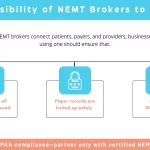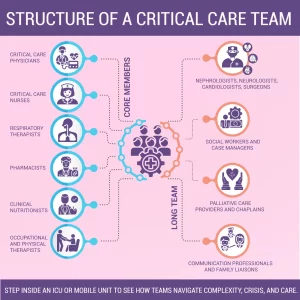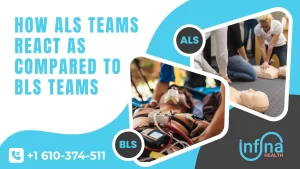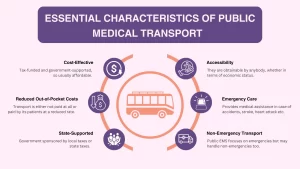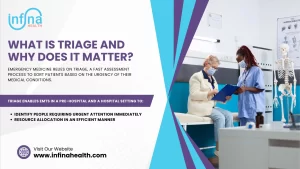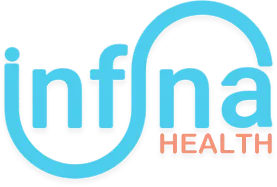How Medical Transportation in Philadelphia Supports Safe Travel for Pregnant Women
Safe and reliable medical transportation is important for everyone, but it takes on added significance for pregnant women, especially in busy cities like Philadelphia. Unfortunately, Philadelphia faces a sobering reality: its infant mortality rate is nearly 40% higher than the national average. While various factors contribute to this alarming statistic, access to timely and appropriate medical care, often reliant on reliable transportation, plays a pivotal role.
High-risk pregnancies, in particular, demand specialized care, including frequent prenatal appointments and potential emergency transport. Medical transportation services in Philadelphia can bridge this gap. In this blog, we will explore how medical transportation in Philadelphia supports safe travel for pregnant women, the benefits it provides, and how it can minimize risk.
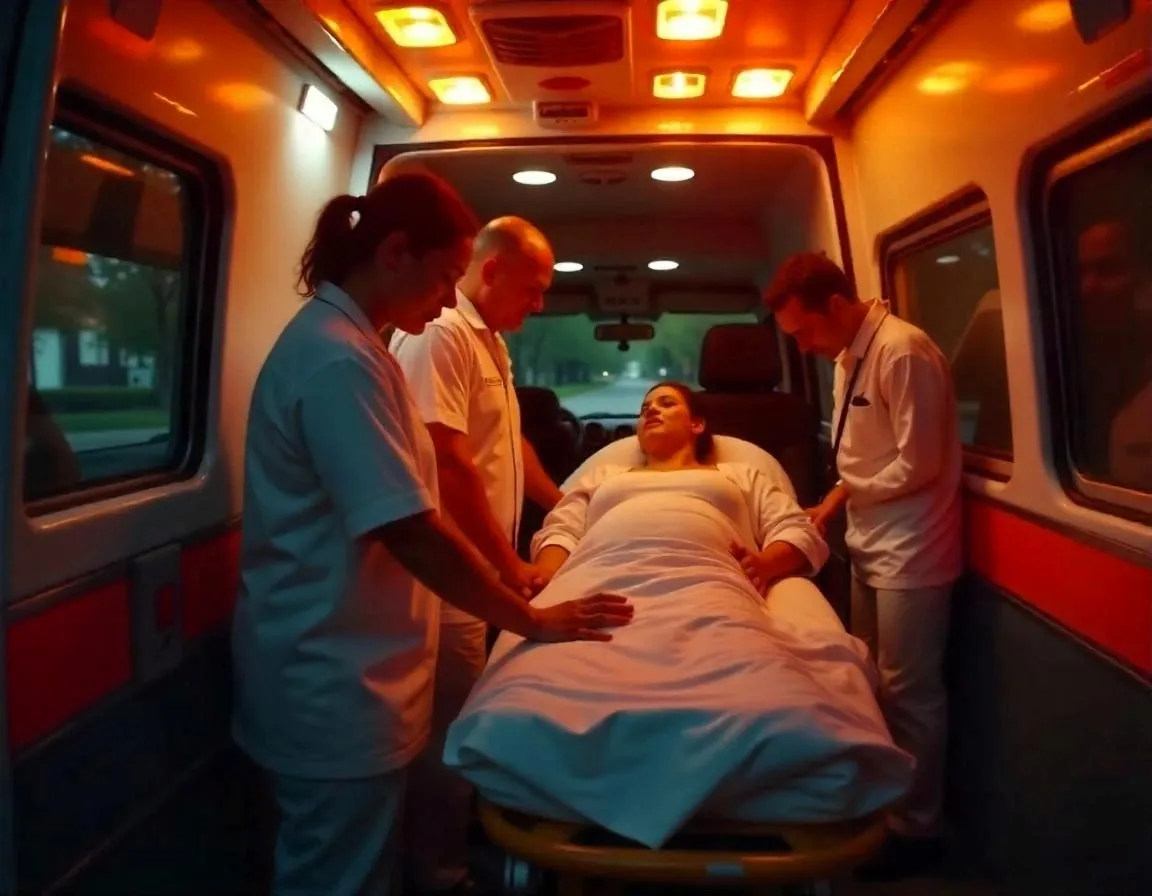
Three medical professionals assisting a pregnant woman in an ambulance, providing care and support during transport.
Why Safe Medical Transportation in Philadelphia is Important for Pregnant Women
In a city like Philadelphia, where traffic congestion and parking can be major stressors, having access to safe and comfortable transportation can provide peace of mind. Here are why reliable medical transportation services in Philadelphia important for pregnant women:
1. Physical Changes Make Travel Challenging
Pregnancy introduces significant physical changes that can make regular travel uncomfortable and even unsafe. As the body undergoes changes such as swelling, fatigue, and back pain, driving or taking public transportation can become physically taxing. These challenges are even greater as the pregnancy progresses, making safe medical transport in Philadelphia essential for getting to appointments or, in some cases, handling emergency situations.
2. Emergencies Require Immediate and Safe Transport
Pregnancy is not without its risks, and medical emergencies can arise at any time. Quick access to emergency transportation can ensure that expectant mothers receive the care they need in a timely manner, preventing potential complications that could jeopardize the health of both mother and baby.
3. Routine Prenatal Care Demands Consistent Access
Attending regular prenatal appointments is crucial for monitoring the health of the mother and baby. For many women, especially those without reliable personal transportation, getting to these appointments can be a significant barrier. Safe, reliable transportation ensures that expectant mothers can consistently access medical care, helping to catch potential health issues early and reduce the risk of complications during pregnancy.
4. Reduced Stress and Anxiety
The stress and anxiety associated with unreliable transportation can negatively impact both the mother and the developing baby. Safe and convenient transportation can reduce these concerns, promoting a healthier pregnancy.
Need safe and timely transportation for your prenatal appointments in Philadelphia? Reach out to us to ensure your comfort and safety!
Benefits of Using Medical Transportation in Philadelphia for Pregnant Women
The following are the benefits of using medical transport services in Philadelphia for pregnant women across different stages of pregnancy, including routine appointments, labor and delivery, high-risk pregnancies, and postpartum care:
1. Transportation for Regular Checkups, Ultrasounds, and Lab Tests
Medical transportation services provide a convenient and accessible way for pregnant women to reach their prenatal appointments, including regular checkups, ultrasounds, and lab tests. This is particularly beneficial for those who may not have reliable personal transportation or live in areas with limited public transportation options.
2. Smooth Transition to the Hospital When Labor Begins
As the due date approaches, expectant mothers must be ready to go to the hospital when labor begins. For women experiencing complications or a high-risk pregnancy, early and timely hospital admission can be crucial. Medical transport services, such as ambulances or non-emergency medical transport, can ensure that women are transferred safely from home to the hospital when labor starts. These services are equipped to handle any unforeseen complications during the journey, such as unexpected contractions or changes in the mother’s condition.
3. Emergency Transport When Complications Arise During Labor
Labor can be unpredictable, and complications can arise quickly. Issues such as heavy bleeding, fetal distress, or signs of preeclampsia require immediate medical attention. In these cases, having access to emergency medical transportation is vital to ensure that both the mother and the baby are transported quickly and safely to a healthcare facility with the appropriate level of care.
Ambulances are equipped with advanced medical equipment, including oxygen, monitoring devices, and medications, ensuring that both the mother and baby receive the necessary care during transport. For women with high-risk pregnancies or those experiencing complications during labor, this level of medical support can be lifesaving.
4. Specialized Care for High-Risk Pregnancies
Pregnancies that are considered high-risk often require more frequent medical visits, additional tests, and sometimes urgent care. Conditions such as gestational diabetes, preeclampsia, multiple pregnancies (twins or more), or previous pregnancy complications make medical transportation services in Philadelphia essential. Women with high-risk pregnancies may need to visit their healthcare provider more often, and any delay in receiving care could lead to serious health issues for both the mother and the baby. Medical transportation services can ensure that high-risk mothers get the care they need without worrying about getting to their appointments. This specialized transport can also include in-transit monitoring like administering medications, monitoring fetal heartbeats, or providing emergency interventions.
5. Transportation for Postpartum Checkups and Follow-Up Care
After childbirth, postpartum checkups are essential for ensuring the mother’s recovery and addressing any concerns about the baby’s health. Postpartum visits may include monitoring for complications like infection, bleeding, or signs of postpartum depression. Medical transport services are not only useful during pregnancy but continue to support new mothers by providing transportation to these essential checkups.
6. Addressing Post-Birth Complications
In some cases, complications after childbirth require immediate medical attention. Conditions such as postpartum hemorrhaging, infection, or blood clots can be life-threatening and may require emergency transport to the hospital. Medical transport services ensure that mothers who experience such complications receive timely intervention, improving their chances of recovery.
Ways to Expand Safe Medical Transportation in Philadelphia for Pregnant Women
Here are some of the top ways to expand access to safe and reliable medical transportation for pregnant women in Philadelphia:
- Increase non-emergency medical transport options and ensure EMS resources are reserved for critical cases.
- Utilize insurance programs like Medicaid and offer financial assistance for low-income individuals.
- Ensure transport services have the necessary medical equipment and staff trained to handle complex pregnancies.
- Conduct community outreach and educational campaigns to increase awareness about available services and how to access them.
- Broaden the eligibility criteria for medical transportation services to include a wider range of pregnant women.
- Enhance communication between healthcare providers, transportation providers, and social service agencies to ensure seamless coordination of medical transportation services.
- Explore innovative transportation solutions, such as ride-sharing programs or specialized transportation services, to improve access to care for pregnant women.
The Final Word
Safe and reliable transportation is a critical factor in ensuring the health and well-being of pregnant women. By prioritizing private medical transportation services in Philadelphia, we can help reduce maternal and infant mortality rates, improve birth outcomes, and enhance the overall health of our community. Infina Health stands as a beacon of hope, offering the best medical transportation services in Philadelphia, PA, specifically tailored to the needs of pregnant women. By choosing Infina Health, you’re not just selecting a transportation service but you’re investing in the health and future of your family.
Don’t compromise on your health or your baby’s. Choose Infina Health today and experience how we support you through every stage of pregnancy.

